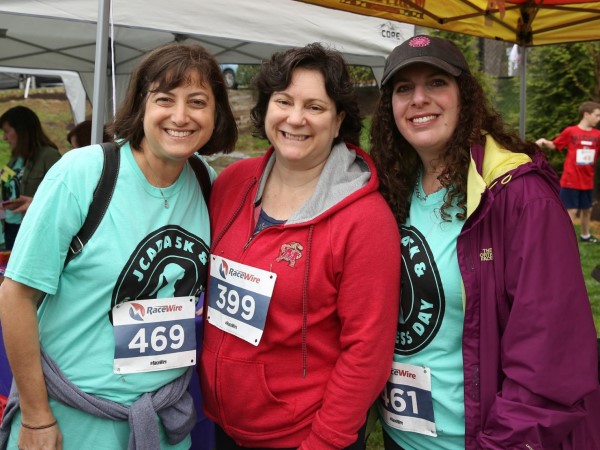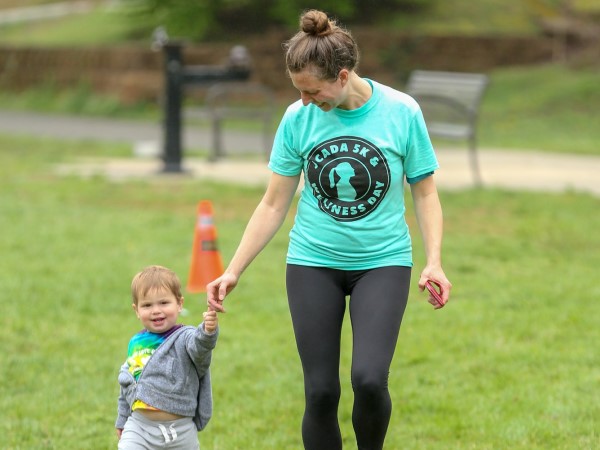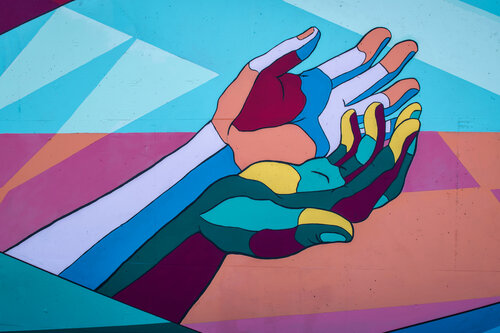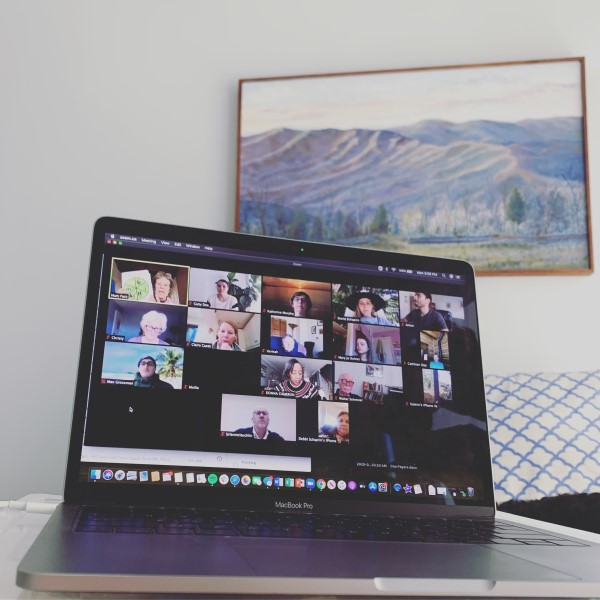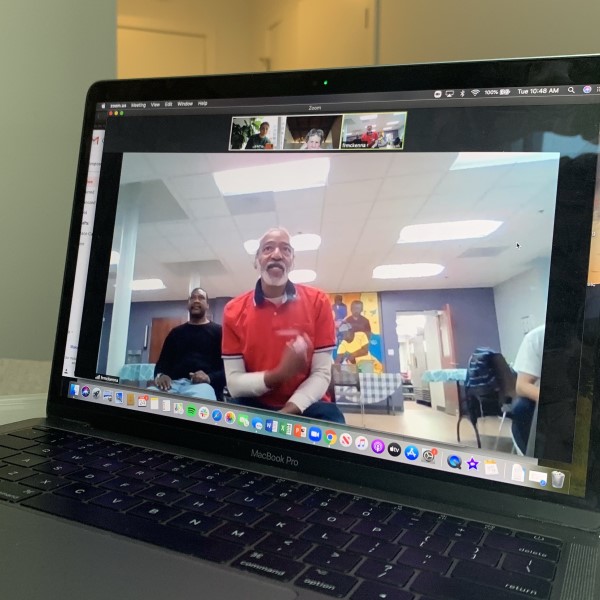Written by Shana Brouder
Over the past month, most Americans have been put under some kind of “stay at home” order to keep them ‘safe’ from COVID-19 — better known as the coronavirus. But what does safe mean? For most of us, safe means simply staying inside our homes with adequate amounts of food and toilet paper, only leaving for essential goods. And maybe for the occasional walk around the block.
But, for the 1 in 4 women, and 1 in 9 men who experience severe physical abuse at the hands of a partner, home is the least safe place they can be — and yet, that’s exactly where they’re stuck. As a recent New York Times article described, helplines across the globe are lighting up frantically with calls from women in danger. NBC News’ investigation gave some more concrete facts and figures: of the law enforcement agencies who answered their call, Houston police received a roughly 20 percent increase in calls in March from February; Charlotte-Mecklenburg, North Carolina, police saw an 18 percent jump this March in comparison with March of 2019; while Phoenix police saw a nearly 6 percent in domestic violence related calls.
And that’s just the calls police are getting.
There is more to power-based violence than the severe physical violence. There is the emotional, financial, technological, sexual, and physical violence that goes unreported. And it is this relentless, yet unreported violence that eats away at a person, until they feel they are truly worth nothing. The Jewish Coalition Against Domestic Violence (JCADA) is dedicated to stopping this cycle of violence, even in these unprecedented times. JCADA remains open for business, fielding calls from their helpline, 1-877-88-JCADA(52232), during business hours throughout the closures. JCADA is counseling clients through HIPPA compliant remote telehealth and their attorneys and victim advocates can still help with Protection Orders and access to public health benefits through these hard times.
JCADA has also chosen to move its annual event, the JCADA 5K & Wellness Day, online. In a recent email to past participants, JCADA expressed how unfortunate it is that the event must be moved online, as social connection is in short supply these days. In an attempt to stay connected with their community, JCADA has come up with the following 5 ways you, or anyone you know located anywhere in the country, can support the JCADA 5K & Wellness Day.
1. Register for the JCADA 5K & Wellness Day ($50) to show your financial support for JCADA’s life-saving work.
2. Follow JCADA’s Empowerment Playlists on Spotify (for free)! Use either the JCADA Empowerment Playlist or the JCADA Empowerment Playlist — Podcasts* to listen to as you walk, run, clean, or simply take a break from your responsibilities from now until May 2, 2020.
3. Pick a physical activity to do in your home or in your neighborhood (Walk/Run a 5K, Run around the block 5 times, do 5 jumping jacks, high five your kids, etc.) and fundraise for JCADA in honor of your efforts!
4. Record all your activity here so JCADA can give you a shout out during our May 3rd Facebook Live event!
5. Join us at 10 am on May 3 on Facebook Live to hear who JCADA’s biggest fundraiser was, and hear the top 5 activities you all participated in.
It is hard to be stuck inside. Please consider joining JCADA in this new challenge to remember and empower those whose homes aren’t a safe place during this global pandemic. If you’d like more information on JCADA, please email their Executive Director, Amanda Katz, at amanda@jcada.org. Follow JCADA on Facebook and Instagram. And, most of all, join them virtually this year on May 3rd and show victims and survivors of power-based violence in this community — you are seen; you are heard.
*Trigger Warning: While the JCADA Empowerment Playlist — Podcasts has lots of motivational podcasts and guided meditations, it also has some episodes detailing sexual abuse, sexual assault, and domestic violence that may not be suitable to all listeners. Please listen to these podcasts at your discretion

